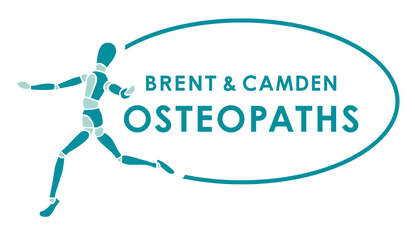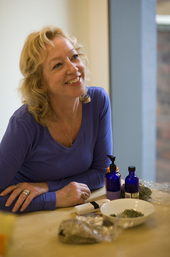|
Yvonne Davis
Naturopathic Herbalist Iridology mAMH, mGNC DiPNaturop, DipHerb, DipIrid For more details about Yvonne click below |
CompanyBrent & Camden Osteopaths (Euro) Ltd &
Kensal Community Clinic Ltd (not for profit) All Osteopaths are Registered with The General Osteopathic Council (GOSC) |
|

